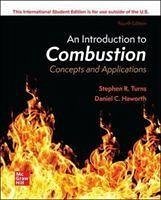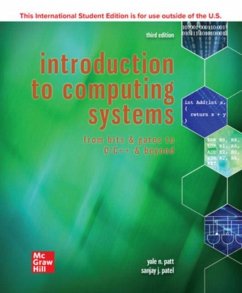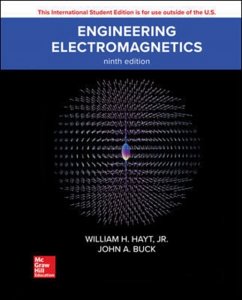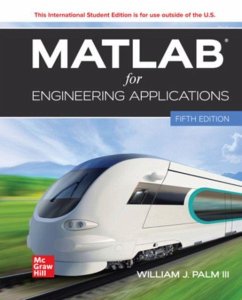
Introduction to Environmental Engineering ISE
Versandkostenfrei!
Versandfertig in 2-4 Wochen

PAYBACK Punkte
45 °P sammeln!




Introduction to Environmental Engineering is designed for use in an introductory sophomore-level environmental engineering course with sufficient depth for use in more advanced courses. This book is written to be used in one of the first environmental engineering courses encountered by the student. As such, it provides the fundamental science and engineering principles that instructors in advanced courses may assume are common knowledge for an advanced undergraduate. This title will be available in Connect with the MHeBook, but does not include SmartBook at this time.
Mackenzie L. Davis, Ph.D., P.E., BCEE, is an Emeritus Professor of Environmental Engineering at Michigan State University. He received all his degrees from the University of Illinois. From 1968 to 1971 he served as a Captain in the U.S. Army Medical Service Corps. During his military service he conducted air pollution surveys at Army ammunition plants. From 1971 to 1973 he was Branch Chief of the Environmental Engineering Branch at the U.S. Army Construction Engineering Research Laboratory. His responsibilities included supervision of research on air, noise, and water pollution control and solid waste management for Army facilities. In 1973 he joined the faculty at Michigan State University. He has taught and conducted research in the areas of air pollution control and hazardous waste management.In 1987 and 1989-1992, under an intergovernmental personnel assignment with the Office of Solid Waste of the U.S. Environmental Protection Agency, Dr. Davis performed technology assessments of treatment methods used to demonstrate the regulatory requirements for the land disposal restrictions ("land ban") promulgated under the Hazardous and Solid Waste Amendments. Dr. Davis is a member of the following professional organizations: American Chemical Society, American Institute of Chemical Engineers, American Society for Engineering Education, American Meteorological Society, American Society of Civil Engineers, American Water Works Association, Air & Waste Management Association, Association of Environmental Engineering and Science Professors, and the Water Environment Federation.His honors and awards include the State-of-the-Art Award from the ASCE, Chapter Honor Member of Chi Epsilon, Sigma Xi, election as a Fellow in the Air & Waste Management Association, and election as a Diplomate in the American Academy of Environmental Engineers with certification in hazardous waste management. He has received teaching awards from the American Society of Civil Engineers Student Chapter, Michigan State University College of Engineering, North Central Section of the American Society for Engineering Education, Great Lakes Region of Chi Epsilon, and the Amoco Corporation. In 1998, he received the Lyman A. Ripperton Award for distinguished achievement as an educator from the Air & Waste Management Association. In 2007, he was recognized as the Educational Professional of the Year by theMichigan Water Environment Association. He is a registered professional engineer in Michigan.Dr. Davis is the author of a student and professional edition of Water and Wastewater Engineering and Co-author of Principles of Environmental Engineering with Dr. Susan Masten. In 2003, Dr. Davis retired from Michigan State University.
Produktdetails
- Verlag: McGraw-Hill Education
- 6 ed
- Seitenzahl: 1072
- Erscheinungstermin: 22. März 2022
- Englisch
- Abmessung: 186mm x 231mm x 41mm
- Gewicht: 1384g
- ISBN-13: 9781260598025
- ISBN-10: 1260598020
- Artikelnr.: 60714483
Herstellerkennzeichnung
Libri GmbH
Europaallee 1
36244 Bad Hersfeld
gpsr@libri.de
Für dieses Produkt wurde noch keine Bewertung abgegeben. Wir würden uns sehr freuen, wenn du die erste Bewertung schreibst!
Eine Bewertung schreiben
Eine Bewertung schreiben
Andere Kunden interessierten sich für











